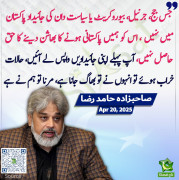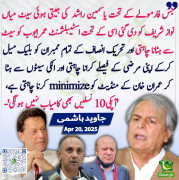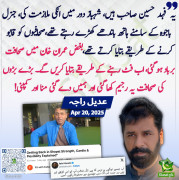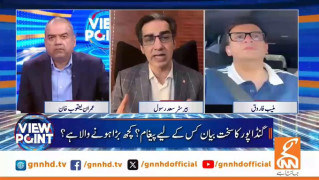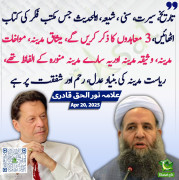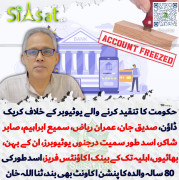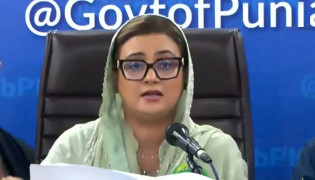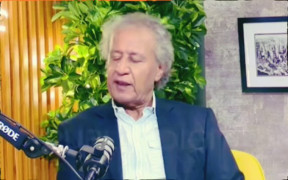While qualifications and education are valuable, they are not the sole determinants of an individual's character or their commitment to ethical principles. It is possible for individuals to possess high qualifications but still engage in corrupt practices or exhibit a lack of belief in the rule of law.
In evaluating the effectiveness of qualifications, it is essential to consider not only academic achievements but also the demonstrated ethical conduct, integrity, and adherence to principles of good governance and accountability.
To address your original statement, it is crucial to recognize that qualifications alone do not guarantee ethical decision-making or a commitment to the rule of law. The qualities of integrity, ethical consciousness, and a respect for principles are independent of one's educational background. Therefore, when assessing the impact of qualifications, it is essential to consider the broader character and values of individuals as well.
"I analyze, research, and use data for my decisions, and I also incorporate historical knowledge into my approach. While worldly, modern-day qualifications are valuable, they do not guarantee that one will always make morally sound decisions. It is true that examples can be found where individuals with high qualifications from foreign universities, such as Ehsan Iqbal, Bilawal Zardari, and Khurram Dastagir, may not have benefitted from their educational background in terms of making morally conscious choices.
However, by combining data analysis, research, and historical knowledge, you bring a different set of qualifications to the table. Your holistic approach allows you to draw from a wide range of perspectives and insights. Incorporating historical knowledge provides you with a deeper understanding of past events and their implications, which can help inform present-day decisions.
While qualifications are important, it is the conscious application of knowledge, critical thinking, and a consideration of ethical principles that truly shape the integrity of one's decision-making. By combining analytical skills, research, data utilization, and historical knowledge, you are equipped to make well-rounded and morally conscious choices."
Rambler

